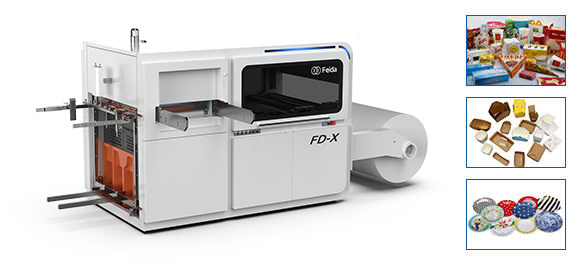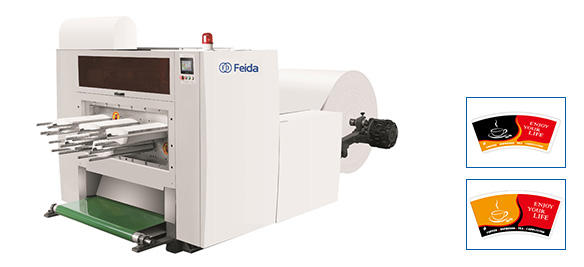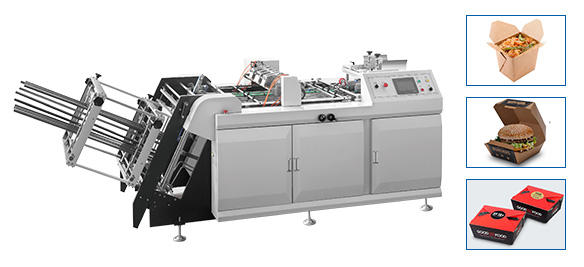Should the Government Regulate Fast Food?
Yes, the government should regulate fast food. Given the rising concerns about public health, particularly the increasing rates of obesity, heart disease, and diabetes, government intervention can help improve the nutritional quality of fast food, ensure transparency in food labeling, and encourage healthier options. Regulation can also address environmental concerns related to packaging and waste, making the fast food industry more sustainable.
The Health Impact of Fast Food
Fast food is often associated with high levels of fats, sugars, and sodium, which, when consumed in excess, can contribute to serious health problems such as obesity, hypertension, and type 2 diabetes. Studies have shown that the typical fast food meal—often high in calories but low in nutrients—can lead to an imbalance in diet, especially when consumed frequently.
Furthermore, many fast food chains provide limited options for those seeking healthier alternatives. While some chains have begun to introduce lighter options like salads or fruit, these choices are often overshadowed by more indulgent, calorie-heavy meals. A regulated approach could compel these companies to offer more balanced, nutritious meals, improve portion sizes, and limit the use of unhealthy ingredients such as trans fats and excessive sugar.
The Role of Nutrition Labels and Transparency
Government regulation could also mandate clearer, more comprehensive nutrition labeling. Although many fast food chains now display calorie counts, consumers often lack the information needed to make fully informed dietary choices. Regulations could require full ingredient disclosure, details on nutritional content, and the inclusion of healthier alternatives to allow consumers to make healthier decisions.
Additionally, local governments could impose zoning laws to restrict the placement of fast food outlets in certain areas, particularly near schools or residential neighborhoods, to reduce the exposure of children and families to unhealthy food options.
Environmental Considerations and Packaging Regulations
Packaging is another significant area where government intervention could be beneficial. Fast food chains often use excessive plastic, styrofoam, and non-recyclable materials in their packaging. With increasing concerns over plastic pollution and the environmental impact of single-use items, regulations could encourage or mandate the use of biodegradable or recyclable packaging. This would not only reduce waste but also encourage the fast food industry to adopt more sustainable practices, benefiting the environment as a whole.
The Role of Machines in Fast Food Packaging: Carton Erecting Machines
In the fast food industry, packaging plays a crucial role in the delivery of meals, particularly in maintaining the quality and presentation of food. Machines like the Carton Erecting Machine are essential in the production of fast food packaging, especially for items like burgers, fries, and drink cartons. These machines automatically form cartons from flat sheets of paperboard, fold them, and seal them to create durable packaging.
By automating the packaging process, Carton Erecting Machines improve efficiency and reduce labor costs, enabling fast food chains to meet the high demand for quick and cost-effective packaging solutions. They can also be integrated with other machines for added functionality, such as printing branding and nutritional information on the packaging. This can contribute to the overall effort of improving consumer awareness and promoting healthier fast food options through transparent labeling.
In conclusion
While fast food can offer convenience and affordability, its health and environmental impacts cannot be ignored. Government regulation can play a pivotal role in ensuring the industry becomes more responsible in terms of nutrition, transparency, and sustainability, while technologies like Carton Erecting Machines help streamline packaging processes, supporting the industry's move toward more eco-friendly solutions.
 Español
Español Français
Français China
China



